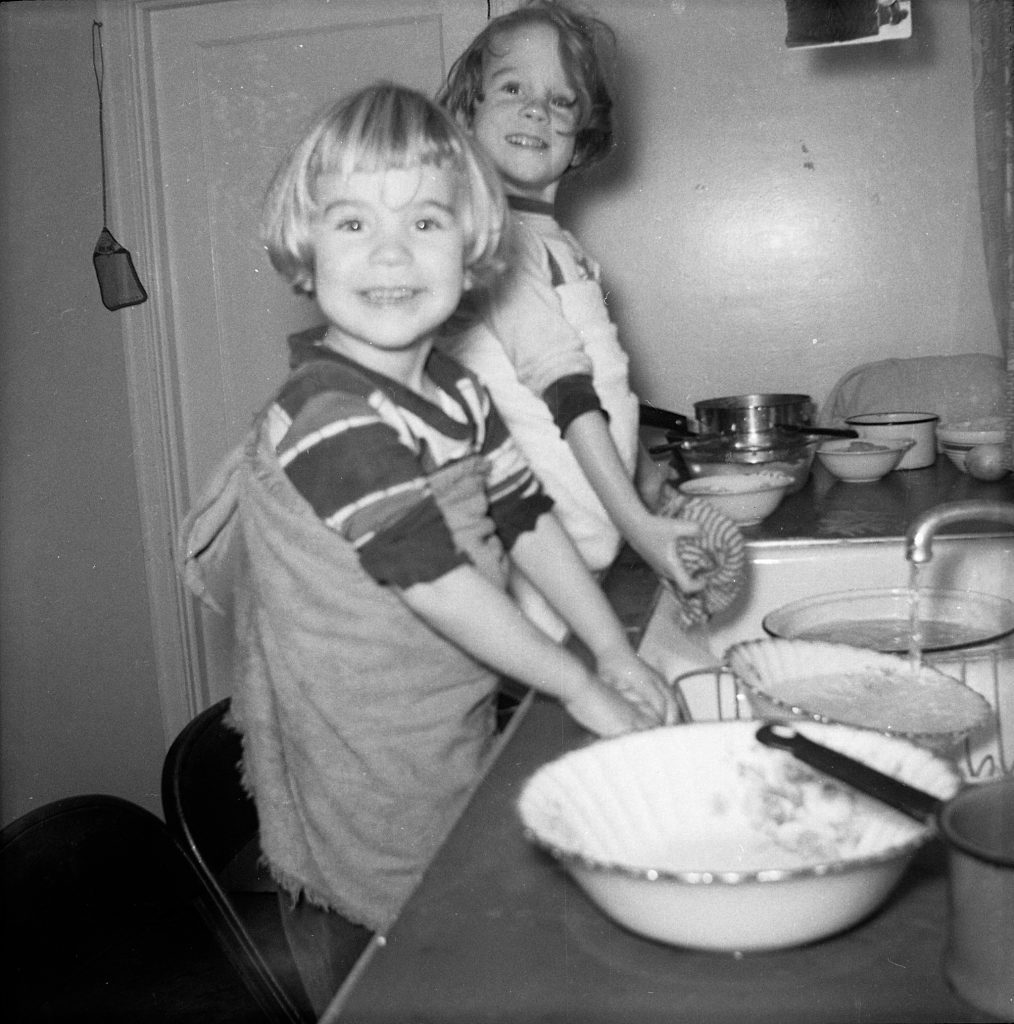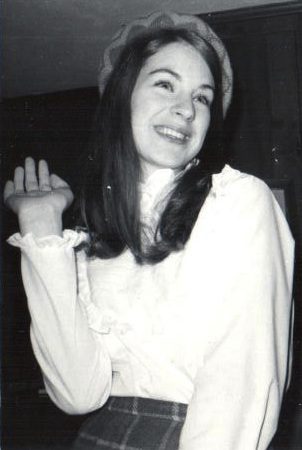


I am not a person of sudden, unreflective impulse, except when my granddaughter or other children are in danger. Then instinct kicks in. I am a person of impulse or impetus when there are positive motivating forces, such as joy, inspiration, and hope.
Verna Kast, a Swiss psychologist in the Jungian tradition, gave a series of lectures, published by Texas A&M University in 1991 as Joy, Inspiration, and Hope—available for free download here: http://oaktrust.library.tamu.edu/handle/1969.1/85766. Psychologists have long explored the negative emotions of depression and anxiety but have mostly ignored joy, inspiration, and hope. And yet, these are the qualities that lead to wholeness and actualization of our potential. “Whereas anxiety drives the individual into isolation, joy is the foundation of alliance and solidarity,” Kast states. “Human beings are both anxious and joyful by nature; we need both solitude and relationship. Individuation requires both parts.”
To capture the positive, she recommends we write biographies of joy. But there’s a catch: “If we wish to come into contact with feelings of elation, we must cast aside our masks, divest ourselves of our routine smiles, wrinkled noses, and disapproving glances, and free ourselves for real emotional expression.” And the payoff: “The moment we accept ourselves, our inner being, and the world around us, we dwell in joy. We accept what is, and at the same time we welcome what is to be.”
According to Kast, our first source of joy is delight in ourselves. Though similar to pride, joy in ourselves arises naturally in connection with our abilities and work well done. “We all know that without this joy a great deal of work would never get done, for it is often this joy that motivates us to keep on working.” My biography of joy started with my work as a teacher then moved to the second most frequently given source: delight in the joy of others, especially my children. This delight creates a circle of joy that we most often experience in love. “If you suddenly show a great deal of joy in someone, that person will often respond with joy.” The third most common source of joy is giving joy to others in our relationships and communities.
Joy in ourselves, of others, to others. Kast: “Reconstructing a biography of joy removes us from our usual biographical treadmills and habitual conceptualizations… we discover a new story about ourselves; perhaps we even creatively construct one.”

Looking back at my younger selves pictured above—the joyful three-year-old child washing dishes with her older sister, the adolescent full of bravado, the proud parent—I could certainly write about depression, anxiety, and fear. But in order to become the whole person I am today, I must follow the impulse, the motivating forces of joy, inspiration, and hope. To use my God-given gifts well and write a real biography.
Linkup with Five Minute Friday: https://fiveminutefriday.com/2023/07/06/fmf-writing-prompt-link-up-impulse/



If I didn’t work on impulse,
nothing would get done,
but since I do the main result’s
that I have way more fun
than those souls whose joy is planned
and scheduled to the minute.
It’s kinda like a glee that’s canned,
and the can has nothing in it.
But maybe I am not quite fair,
and their foresight really means
that happiness will be there
to fulfill their dreams
when the best of times comes ’round
for enjoyment upon solid ground.
To each their own path to work.